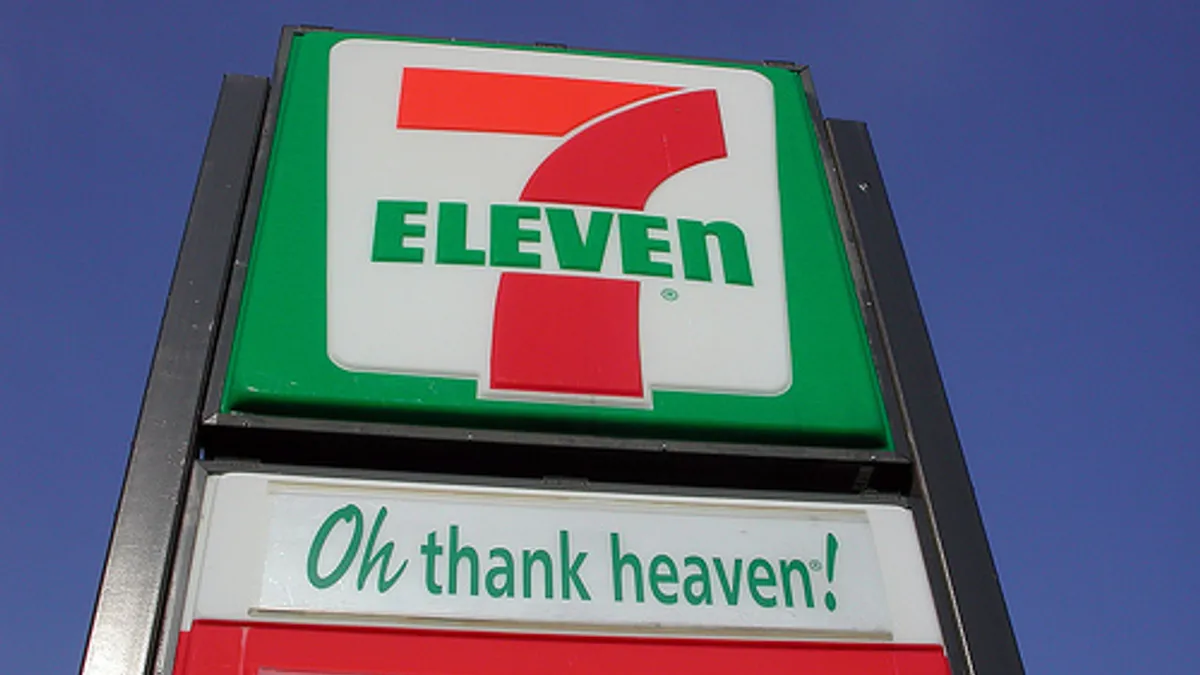Dive Brief:
- A trial court incorrectly focused on a franchise agreement between 7-Eleven and its franchisees when it considered a claim involving misclassification; instead, it should have considered the allegations regarding 7-Eleven's actual control, the 9th U.S. Circuit Court of Appeals said, vacating the lower court's judgment and reviving the lawsuit (Haitayan, et al. v. 7-Eleven, Inc., No. 18-55462 (9th Cir. Feb. 27, 2019)).
- In evaluating the plaintiff's Fair Labor Standards Act (FLSA) and California state law claims, the court said "the parties' label is not dispositive and will be ignored if their actual conduct establishes a different relationship," citing an earlier ruling.
- The court also noted the California Supreme Court's new independent contractor test, which makes it harder for employers to classify workers as independent contractors – at least for claims arising under state law.
Dive Insight:
Employers must exercise caution when classifying workers as independent contractors. Enforcement agencies and courts use differing tests, and employers generally need to consider all applicable standards.
While the tests look at various factors, most include a focus on how much control an employer exerts — or has a right to exert — over the employee's work and working conditions. Just last month, Flowers Foods, a company that bakes for brands including Wonder Bread, agreed to pay $9 million to settle when it misclassified its distributors as independent contractors. The employer controlled all aspects of the distributors' relationships with the company and their customers, the plaintiffs alleged, arguing they should have been classified as employees and, therefore, entitled to overtime pay.
Factors like the franchise agreement in Haitayan generally receive less weight. Even a signed independent contractor acknowledgement form wasn't enough for an employer to overcome a delivery driver's suit alleging he was an employee, a federal district court held Feb. 8 (Nemo v. RR Donnelley Logistics Svcs., No. 2:17-cv-02130 (N.D. Ala.)). The court said the agreement was relevant, but only part of the story.
Until a uniform test or "safe harbor" emerges, employers will need to consider all applicable laws and judicial tests.














